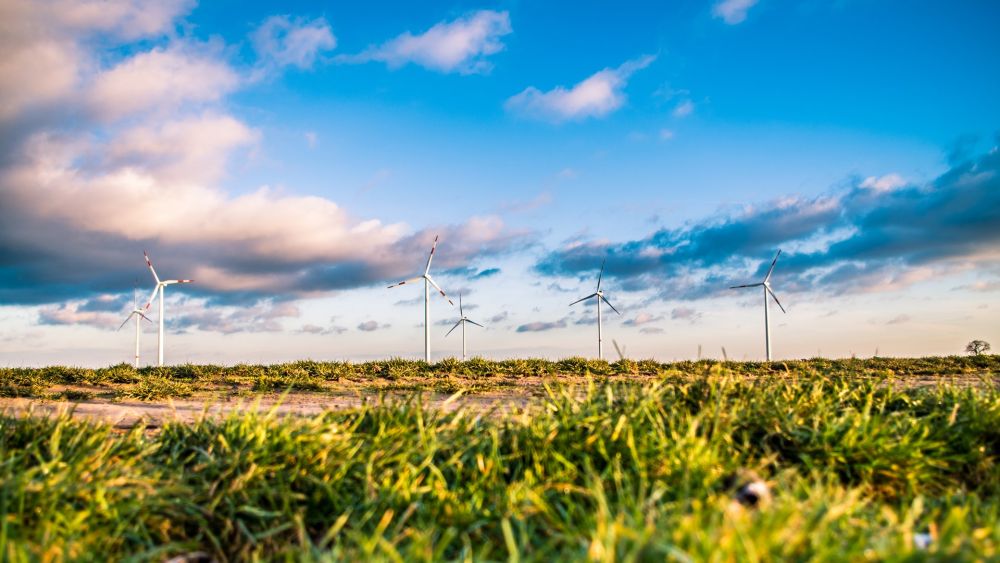Latest research available on the drivers and barriers to developing renewable energy communities in Europe
17 Jun 22
What encourages or hinders a citizen to join or develop a renewable energy community? Which factors empower energy communities towards success? What encourages local authorities and SMEs to support energy communities or get involved directly? Understanding the obstacles in the paths of these communities, and helping them to jump over them, is essential for the success of the just energy transition. The COME RES team has just released its latest research report on the drivers and barrier to the establishment of renewable energy communities, based on focus groups and individual interviews with potential energy community participants. The analysis considers the regional, environmental, legal and social contexts of five selected target regions: the Balearic and Canary Islands in Spain, Latvia, the Norte region of Portugal, Norway and the Warmian-Masurian region of Poland.
The key drivers identified included environmental motivations to reduce emissions and environmental damage, and economic and social motivations such as addressing energy poverty, boosting local economies, and community-building. This underlines the potential of energy communities within grassroots energy transformations. For local authorities and SMEs, policy targets and strategies concerning emissions reductions, energy poverty and sustainable development are a significant motivational factor. Community energy’s potential to make communities attractive with employment opportunities was also raised. Again, for SMEs taking an active role in the green shift was seen as a means in itself, but also important in their branding towards consumers and business partners. The involvement of SMEs and local authorities can help renewable energy communities develop, provide financial support and bring different stakeholders with necessary interest and expertise together.
Key barriers identified included the lack of public acceptance and awareness of new renewable energy models, and in some places, scepticism towards cooperative models or sharing economy principles. Regulations also continue to be a notable barrier in all target regions. In particular, the lack of clear legal definitions of renewable energy communities is considered one of the main barriers for their further development. Existing limitations regarding prosumerism and electricity sharing also make it difficult for new actors to establish decentralised energy systems without reducing profitability.
Understanding these barriers can help stakeholders address the challenges and reduce the size of the obstacles. For example, promoting local champions and success stories were highlighted as potential levers to push for change, provide legitimacy and increase awareness of and trust in renewable energy communities.
For more details and insights into each region analysed, you can read the full report available here.
Image: Karsten Würth/ Unsplash
All news
